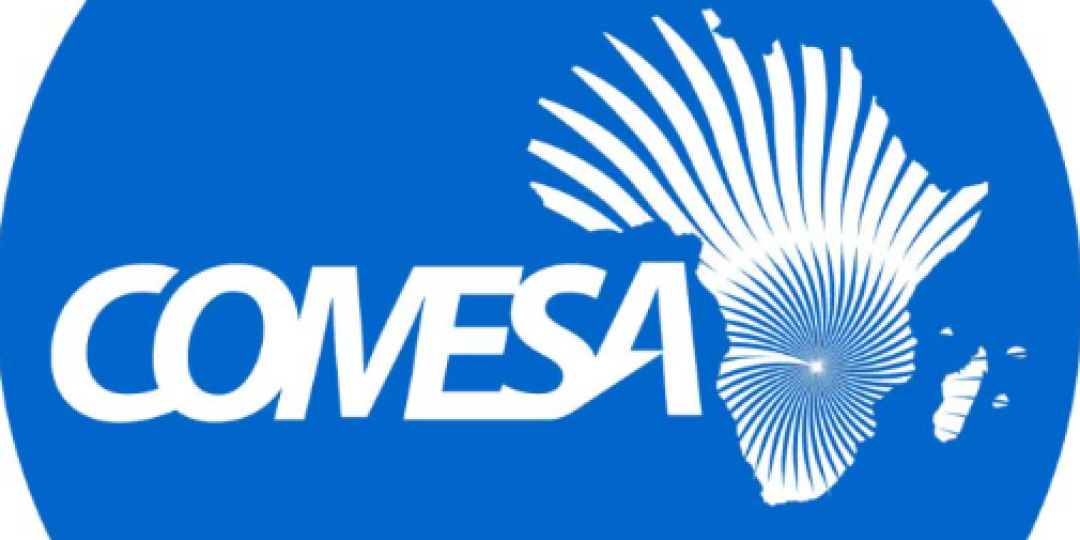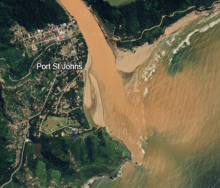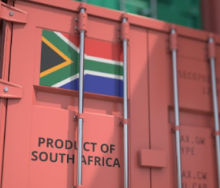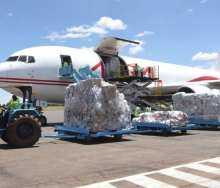The Community for Eastern and Southern Africa (Comesa) has finalised the revision of its Sanitary and Phytosanitary (SPS) regulations, strategy, and implementation plans.
This initiative aims to strengthen SPS capacities across member states by eliminating inconsistencies that have hindered regional trade in food and agricultural products.
SPS measures are regulatory tools designed to protect human, animal, and plant life from risks such as additives, contaminants, toxins, or disease-causing organisms. By recognising the SPS measures of exporting member states, the revision will streamline cross-border trade, reducing the need for repeated testing and certification, ultimately lowering business costs.
The discussions took place at a workshop held in Nairobi, Kenya, which was attended by experts from Comesa member states and organised in collaboration with the African Union Commission.
It focused on key areas such as harmonising SPS measures, establishing equivalence in standards, risk assessment, and ensuring transparency in the implementation process.
The finalised regulations, strategy, and implementation plans will be submitted for approval by Comesa’s policy organs later this year.
In addition to the regulatory revisions, delegates also completed the SPS strategy, which emphasises building capacities in both public and private sectors, enhancing regional leadership, coordination, and collaboration on SPS issues. It also focuses on developing human, institutional, and infrastructural capabilities to establish harmonised, science-based SPS systems.
It is believed that implementing these regulations will foster a favourable business environment, contributing to Comesa’s regional integration and economic development goals.













